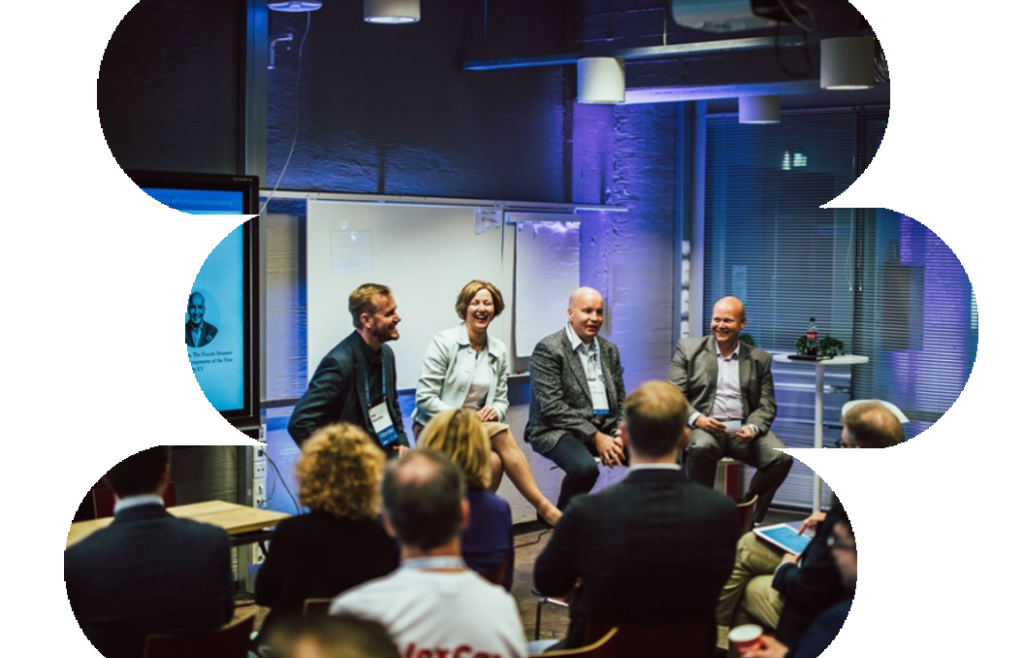Startups are Changing Housing Market
Startups are Changing Housing Market https://theraise.eu/wp-content/uploads/2023/03/pexels-pixabay-164338-1024x472.jpg 1024 472 RAISE fosters startup growth and scale-up within and across Europe https://theraise.eu/wp-content/uploads/2023/03/pexels-pixabay-164338-1024x472.jpgStartups are changing the housing market by leveraging technology and innovation to address some of the biggest challenges facing the industry. From affordable housing to property management, startups are disrupting traditional models and creating new opportunities for homeowners, renters, and investors alike.
One area where startups are making a significant impact is in the development of affordable housing. In many cities around the world, the cost of housing has skyrocketed, leaving many people struggling to find affordable options. Affordable housing startups are using new business models and technologies to provide more affordable and sustainable housing solutions. For example, modular housing startups are using prefabricated building materials and offsite construction to reduce costs and increase efficiency.
Another way startups are changing the housing market is by providing new tools and platforms for property management. Property management startups are using technology to streamline the management of rental properties, making it easier for landlords to find tenants, manage leases, and collect rent. These startups are also providing new tools for tenant screening, background checks, and lease management, reducing the administrative burden for landlords.
In the real estate investment space, startups are using technology to create new opportunities for investors. Real estate crowdfunding platforms are providing a new way for investors to access real estate investments, with lower minimum investment thresholds and greater transparency. Other startups are using machine learning and artificial intelligence to provide more accurate valuations and investment recommendations.
Startups are also using technology to improve the home buying and selling process. Real estate tech startups are using virtual reality and 3D imaging to provide immersive property tours and interactive floor plans, giving potential buyers a more realistic view of properties. Other startups are using blockchain technology to create more secure and transparent property transactions, reducing the risk of fraud and increasing trust in the market.
In conclusion, startups are changing the housing market by using technology and innovation to address some of the biggest challenges facing the industry. From affordable housing to property management, real estate investment to home buying and selling, startups are creating new opportunities and disrupting traditional models. As the startup ecosystem continues to evolve and expand, we can expect to see even more changes and advancements in the housing market in the years to come.





